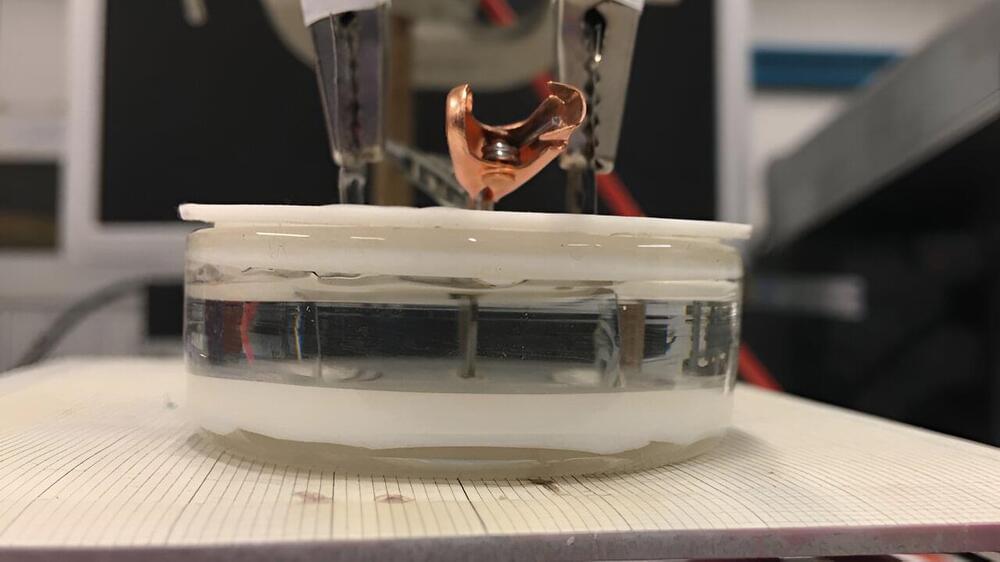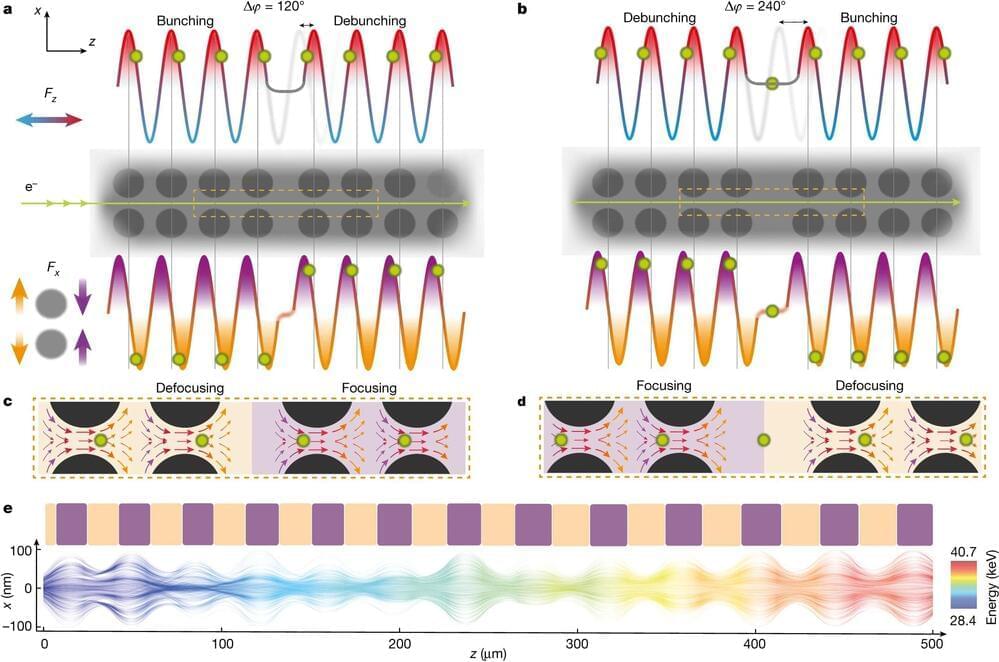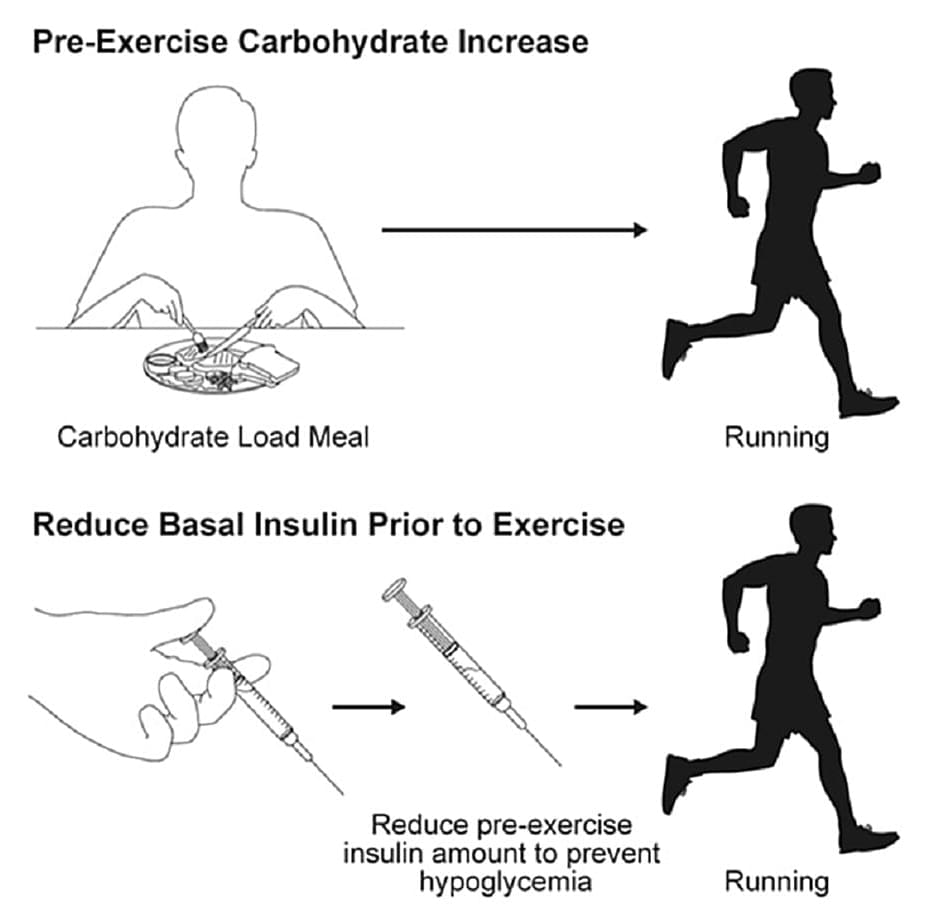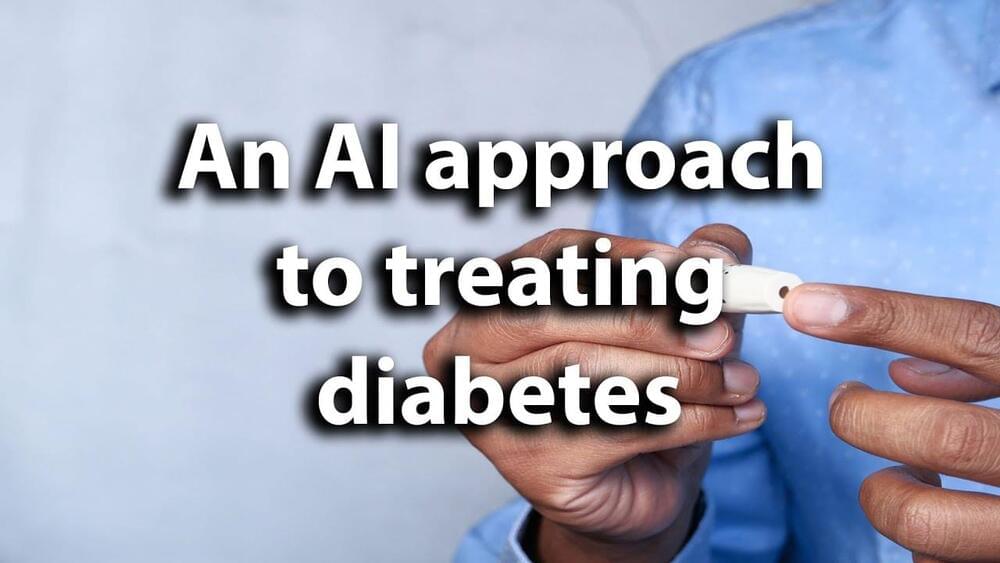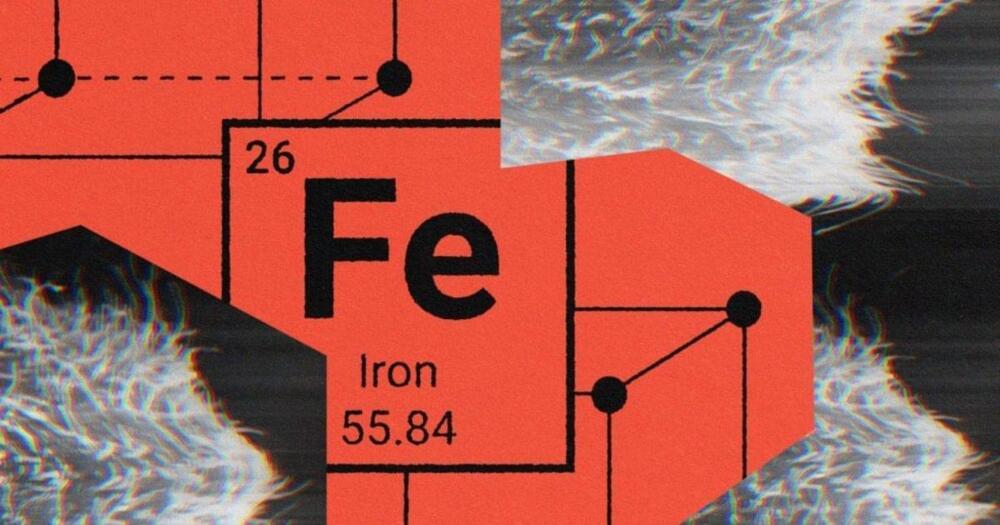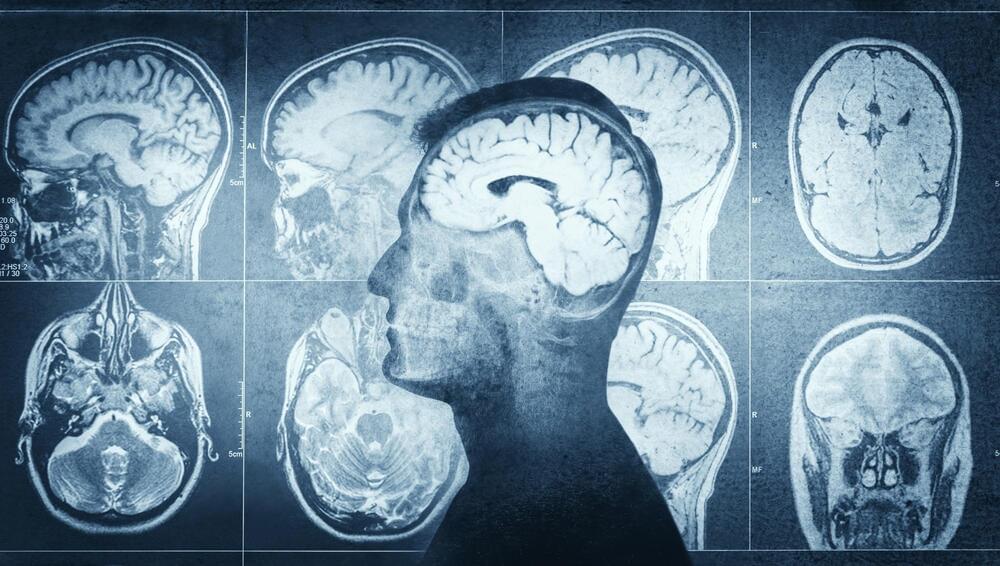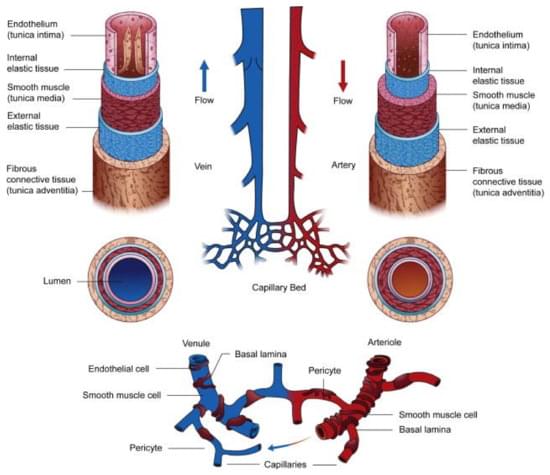Oct 31, 2023
Greener neighborhoods stop us from aging on a genetic level
Posted by Shubham Ghosh Roy in categories: biotech/medical, genetics, life extension
A new study is finding that greener neighborhoods protect telomeres which prevent aging on a genetic level.
The role of telomeres in aging
Telomeres are repetitive sequences of DNA found at the ends of chromosomes that play a crucial role in preserving the integrity and stability of the genetic material within a cell.
Continue reading “Greener neighborhoods stop us from aging on a genetic level” »

